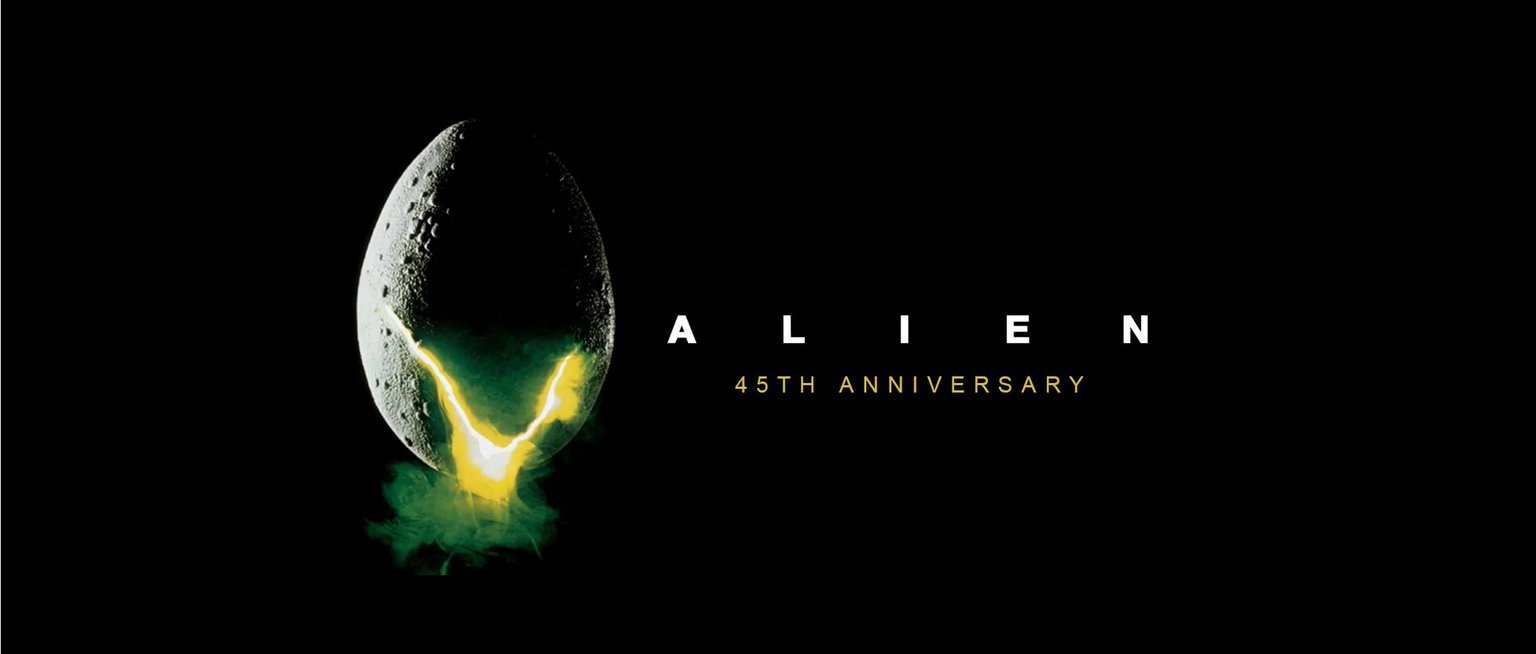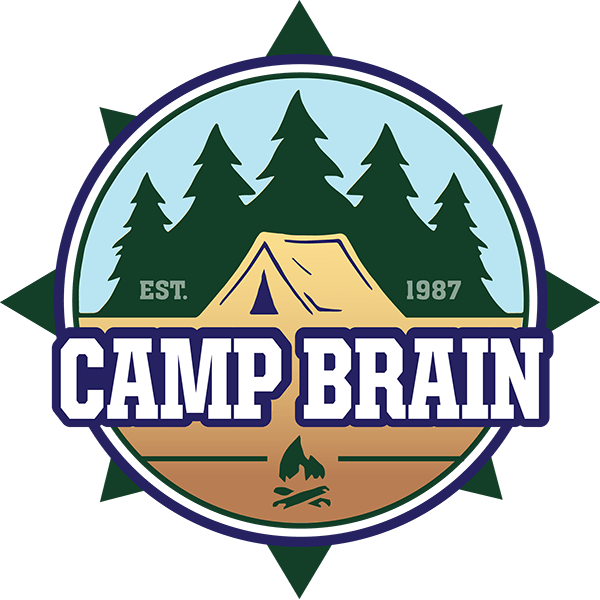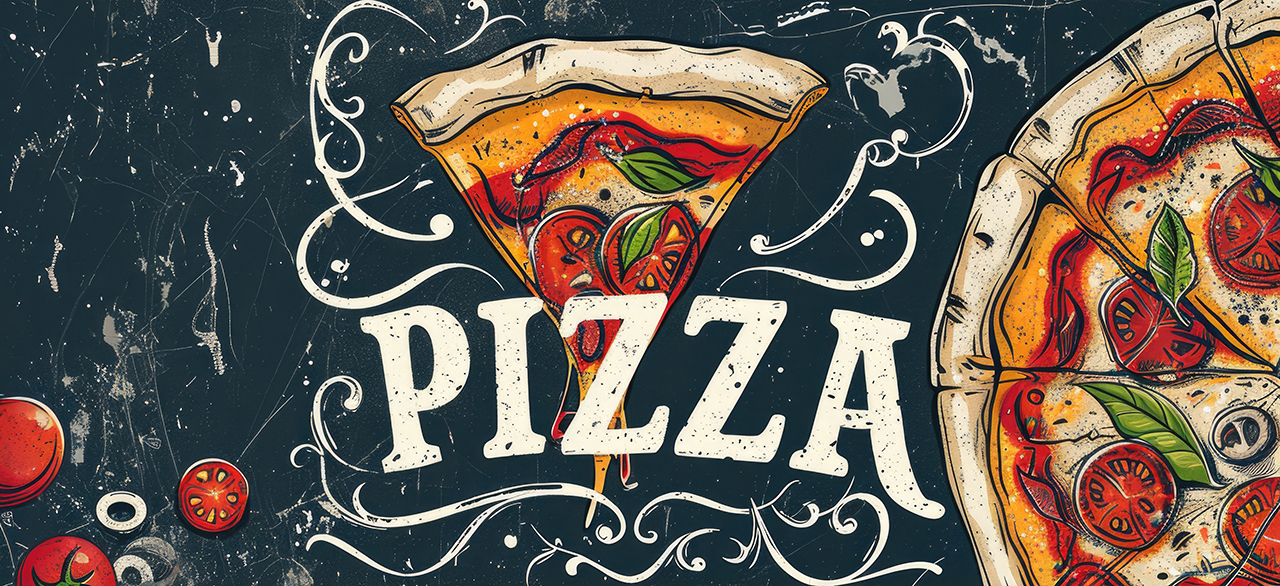BRAIN WAVES
Brain Injury Alliance of Arizona BlogSuggestions for Helping a Friend/Loved One With a Brain Injury During the Covid-19 Pandemic
“When I was a boy and I would see scary things in the news, my mother would say to me, ‘Look for the helpers. You will always find people who are helping.’”
-Mr. Rogers
On March 11, 2020, COVID-19 was officially classified as a global pandemic by the World Health Organization. This has impacted all of us on a very personal basis – from financial, safety, and health perspectives. At the Brain Injury Alliance of Arizona (BIAAZ), we understand how these are especially trying times for people with cognitive impairment (Traumatic Brain Injury, brain tumor, substance abuse, stroke, etc.) due to difficulties coping with changes in routine.
Before the pandemic hit, many survivors of brain injury had learned to manage their lives quite well, thanks to involvement in the community through volunteering, work or school. Others may have had consistent schedules with support groups and day programs, or quiet time while other members were at work or school. Now, with so many abrupt changes to their (and everybody’s) lives, the sudden adjustment can be jarring.
What’s more, with increased pressures on agencies, there will also be a rising demand for services to those with head injuries from abuse or violence. We’re here to help those people too.
To that end, our statewide neuro info-line 1-888-500-9165 remains open so we can listen to and strategize with family caregivers and survivors about their unique individual situations.
How You Can Help…
If your friend or loved one has a brain injury, complications related to their injury may include a compromised immune system, which makes contracting the disease even more dangerous and possibly deadly. Therefore, we’ve put together suggestions for what you can do to help the brain injury survivor in your life stay as safe as possible during these challenging, unfamiliar times.
Check in with your friend/loved one, especially if they live alone, to see if they have access to current information regarding COVID-19, including signs and symptoms (fever, coughing, shortness of breath). The CDC has up-to-date resources you can share with them. If they don’t have internet and you live nearby, offer to leave info for them on their porch, or see if a neighbor can do this if you live far away.
The best offense is a good defense. Make sure your friend/loved one is aware of preventative measures such as:
- Frequent handwashing for at least 20 seconds (to the tune of “Happy Birthday,” or “Mary had a Little Lamb”)
- Coughing into the crook of their elbow or shirt
- Keeping hands away from the face and mouth
- Social distancing
Staying inside as much as possible and limiting contact with others is key to flattening the curve, or lowering the amount of people who have the disease at any given time, so as not to overwhelm the hospitals and healthcare system.
Help your friend/loved one create a list of phone numbers and emails they can contact in case of an emergency. Having a brief description of who to call depending on the circumstance can help survivors with memory or judgment problems get connected to the appropriate person or place. Create a plan for what to do should they or those they rely on for support get sick.
Ask if your friend/loved one has access to supplies they need to get through the next couple weeks, including soap, sanitizer, toilet paper, medications and food. If possible, help pick up their groceries; if you live far away, help them set up home delivery services through companies like Instacart. Encourage them to contact their doctor and pharmacy to ensure they have access to several weeks’ worth of critical medications.
Isolation is an unfortunate common effect of brain injury in the best of circumstances. Call or video chat with friend/loved as often as possible to provide them with COVID-19 updates, personal reminders, and a reassuring ear.
Humans are creatures of habit, and brain injury only intensifies the need for a routine. Encourage your friend/loved one to stick to their normal schedule as much as possible: waking up, going to bed, mealtimes, taking medications, etc. There may be things they typically enjoy that they can’t do for the time being, such as going to church, movie nights with a friend, or attending a yoga class. Fortunately, there are lot of virtual options to utilize; for example, many churches are holding religious meetings online. You can sign up for online platforms like Zoom or Skype, and “watch” a film with your friend/loved one. Love Your Brain is currently hosting free online meditation and yoga classes. If it’s an option, go over other parts of your loved one’s daily, weekly, and monthly schedule and see what adjustments are manageable.
A trigger is something that reminds a person of a past traumatic event. Certain triggers and fears may be brought up for your friend/loved one during this time. Encourage them to separate from the triggering circumstance if safe and possible to do so (leaving the room, putting on headphones, etc.). Allow them to feel, express, and process their feelings. If their circumstances allow it and they aren’t already doing it, you can look into tele-therapy with them, which many insurance companies are currently providing as an option.
The Brain Injury Alliance of Arizona understands your ongoing need for brain injury resources and information, and we’re here for you. Please reach out to us at 1-888-500-9165, email us at resources@biaaz.org, or visit our website at biaaz.org.
ABOUT BRAIN INJURY ALLIANCE OF ARIZONA
The Brain Injury Alliance of Arizona (BIAAZ) is the only statewide nonprofit organization dedicated to improving the lives of adults and children with all types of brain injuries through prevention, advocacy, awareness, and education. BIAAZ also houses the Arizona Brain Health Resource Center, a collection of educational information and neuro-specific resources for brain injury survivors, caregivers, family members, and professionals.
What began in 1983 as a grassroots effort has grown into a strong statewide presence, providing valuable life-long resources and community support for individuals with all types of brain trauma at no charge.
The Brain Injury Alliance of Arizona:
- Works with the Congressional Brain Injury Task Force
- Houses Arizona Brain Health Resource Center
- Hosts the Statewide Opioid Use Disorder & Cognitive Impairment Workgroup
- Deploys a Statewide Opioid Use Disorder & Cognitive Impairment Response Team with peer support, training and family wraparound services
- Facilitates the Brain Health Advisory Council
- Manages a Statewide Neuro Info-Line 888-500-9165
Brain Injury Alliance of Arizona
5025 E. Washington St, Ste 106
Phoenix, Arizona 85034
QCO CODE: 22360
EIN 94-2937165
CALL
(602) 508-8024
HELP LINE
(888) 500-9165
Fax (602) 508-8285
FOLLOW US
contact us
privacy policy
terms & conditions
2020 © Brain Injury Alliance of Arizona






